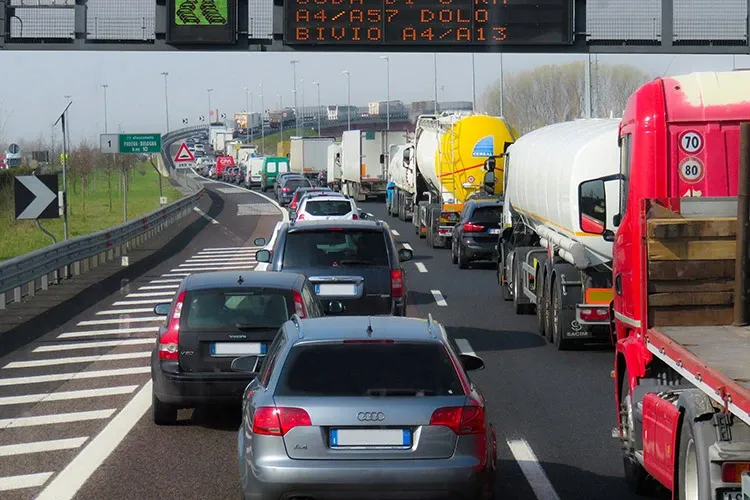PC Market Returns to Growth in 1Q24
Global PC shipments grew around 3% YoY in 1Q24 after eight consecutive quarters of declines due to demand slowdown and inventory correction, according to Counterpoint Research.

Global savings in CO2 emissions from smart traffic management systems will be 205 MMT (Million Metric Tons) by 2027; a growth of 41%, up from just 145.7 MMT in 2022, according to Juniper Research. This significant saving will be equal to almost twice the CO2 emissions arising from UK domestic transport in 2019. Reducing congestion through optimized traffic control will be the main influencing factor.
The new research identified environmental benefits from smart traffic management systems as being highly compelling, including significant reductions in congestion, and prioritizing greener transport modes. The report identified smart intersections as driving reductions, with hours spent in traffic set to decrease by 36 hours on average per annum per motorist globally by 2027.
Investment into smart intersections will reach $10.2 billion by 2027; rising from $5.7 billion in 2022. It anticipates that smart intersection vendors will focus on improving connectivity between road vehicles and the local road network ecosystem; mirroring government smart city initiatives. Vendors must leverage the low-latency capabilities of 5G, combined with machine learning algorithms, to enable network adjustments to be made in real-time and improve traffic flow.
The research argues that cybersecurity must be considered during the implementation of smart traffic systems to maximize public support; negating concerns about data collection and storage. Smart traffic management systems must be prioritized for cybersecurity implementation, as user data is transmitted at every stage of the process. Given the potential for cyberattacks to disrupt infrastructure through denial of service, robust cybersecurity strategies are essential to prevent threats to the integrity of the road infrastructure.